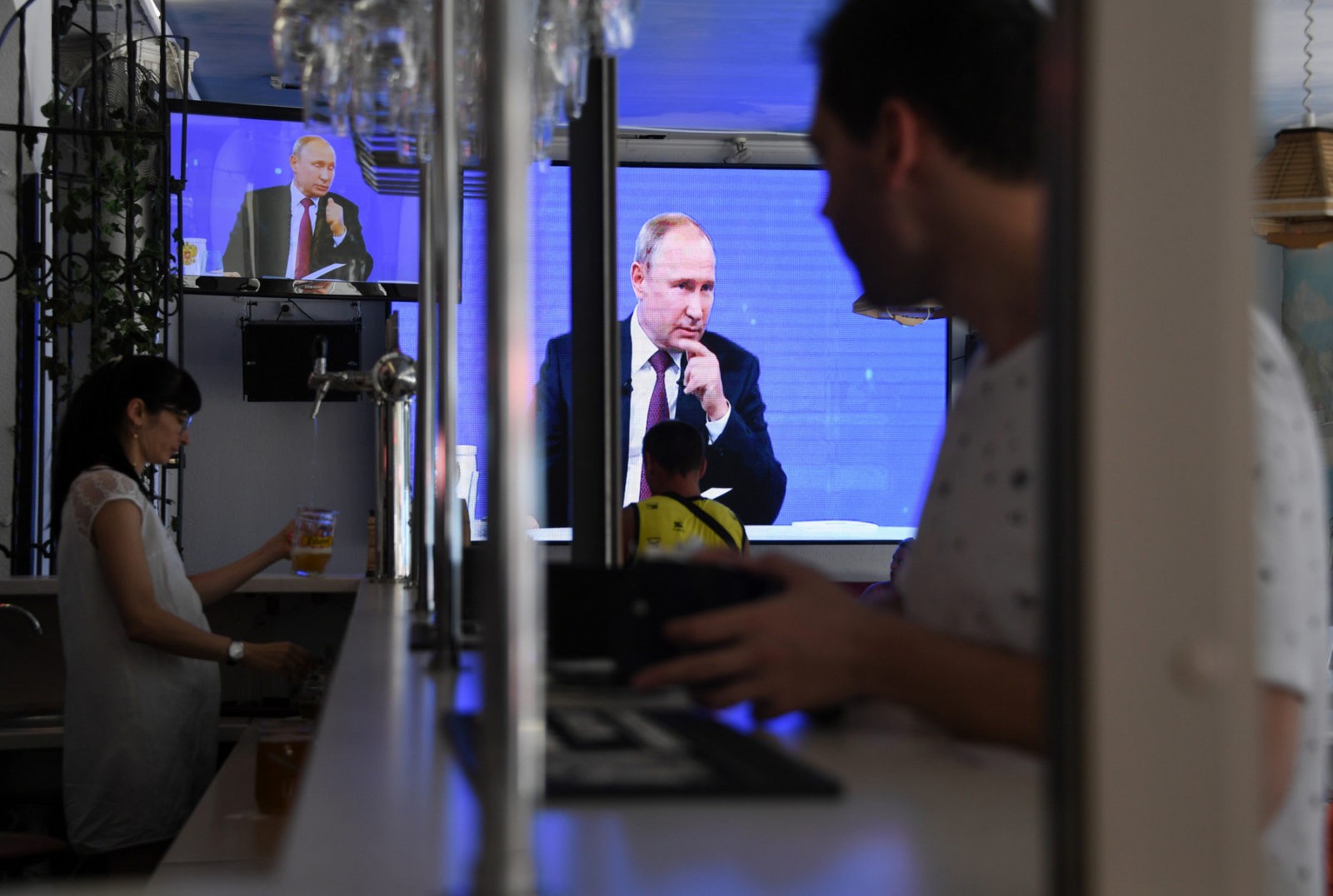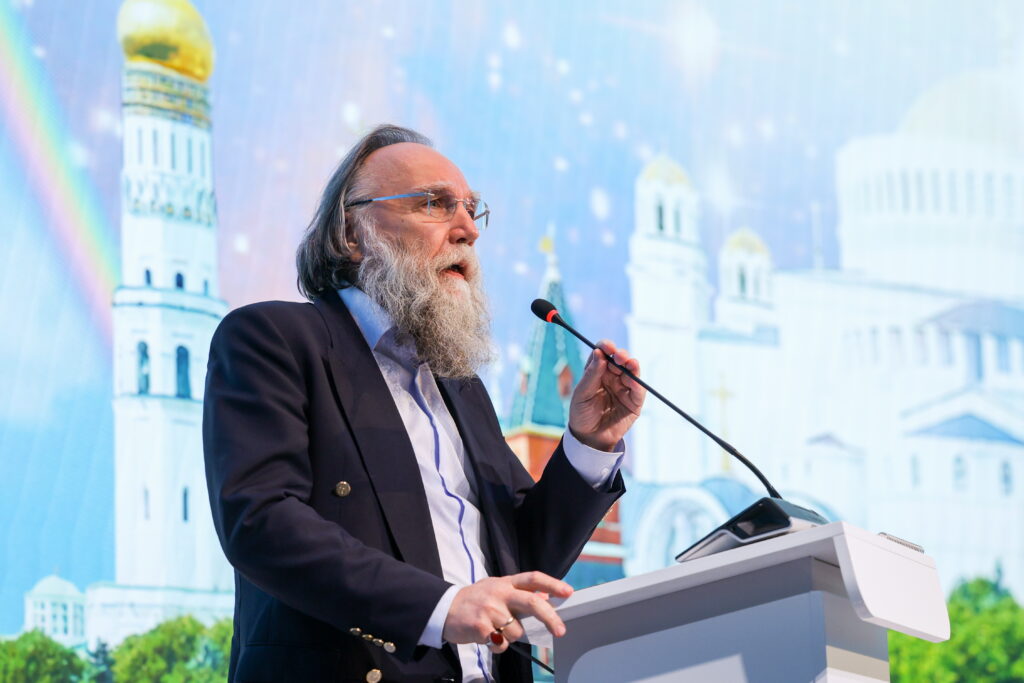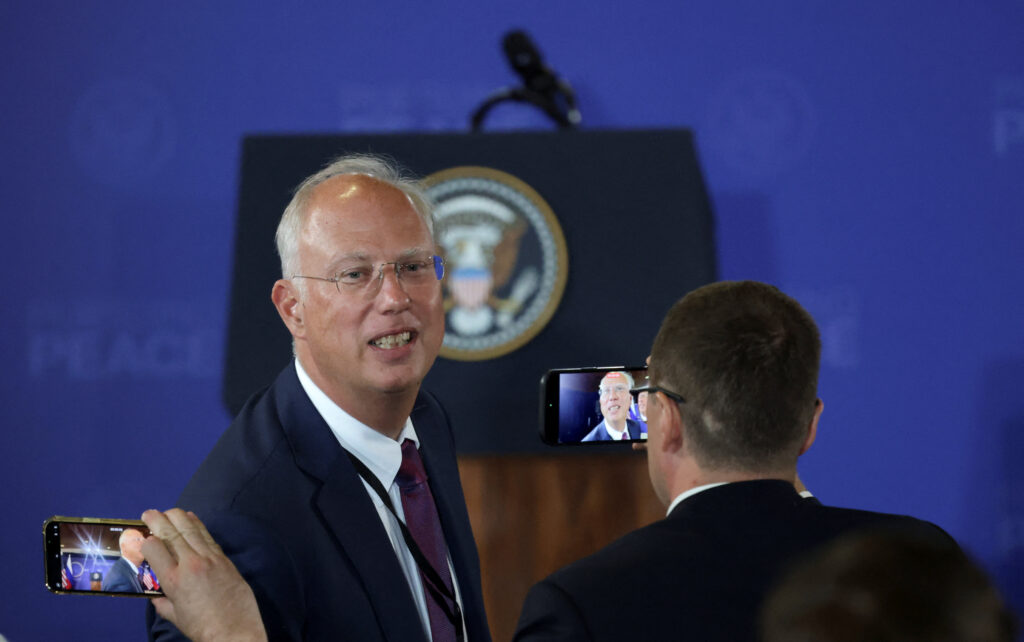The essence of trust is hard to articulate, as its meaning changes significantly depending on context. Are we talking about trust in a friend, a relative, a state, or in the power of technology? When it comes to talking about trust in information, I propose that there are three conditions which form such an attitude. First comes belief in the veracity of information channels by virtue of trust in the institutions and technologies which control them. Second comes trust in the content of the information itself; the readiness to accept this information and act in accordance with it. The third component is the trust in publicly known media figures who either discuss information or produce it themselves.
Trust in Information Channels
The level of trust accorded to various channels of information reflects general consumer experiences, formed by their habits and lifestyles. Given the specificities of the Russian media landscape, it also reflects attitudes towards the authorities.
The first thing which must be mentioned is that levels of trust towards various sources of information are not a straight line. For example, the share of Russians for whom television is an important source of information decreased from 88% in 2013 to 72% in 2019. Meanwhile, the level of trust in television over this period did not change significantly.
Research conducted by the Levada Center shows that Russians do not perceive television as an independent source of information. Russians see it as a mouthpiece of the state, and recognise that role accordingly. At the same time, the inclusion of television in the authorities’ system of control makes the population perceive it as more serious than online media.

Trust in Information
The level of trust in specific topics on television largely depends on the person’s preconceptions about the topic, and the degree to which it relates to his or her lived experience. For example, although the two indicators are undoubtedly related, Russians take markedly different stances towards how television covers foreign policy and how it covers their country’s domestic economic situation. Most Russians still believe that television covers foreign policy objectively. Meanwhile, less than half of the Russian population trusts television coverage of the country’s economy. The latter decline, as recorded by surveys in August 2018, coincided with a broader fall in confidence in almost all public institutions. The degree to which this steep decline may yet prove reversible depends, among other things, on the level of public approval of state institutions.

In contrast, it appears that Russian public opinion has far more clear-cut ideas about the “objectivity” of information obtained online than from television: when it comes to online sources, Russians have stronger views about the truthfulness of coverage of a whole range of issues, from economic problems to officials’ standards of living and oppositional sentiments. More than half of all respondents can name topics that are covered in more detail and “more objectively” online. The higher the number of such topics a respondent can name, the less likely he or she is to watch television (though these are not mutually exclusive categories.)
Trust in Media Personalities
Just as interest in receiving information by television is declining, we also notice a gradual rise in interest (and confidence) in online news sources. I stress here that the internet is still not the most important channel for receiving information, but nonetheless has important qualitative differences from television. The growth in internet use is not solely associated with rejection of government influence over television, but instead with a broader change in consumer habits. Use of social media networks is on the rise, particularly of those focused on visual media content such as Instagram and YouTube. The popularity of online news websites has also grown due to the explosive growth of news aggregators such as Yandex, Novosti, and Mail.ru’s news service, which collect news from other websites. At the same time, we are witnessing an increase in active internet users: over the past year alone, the share of those who read news online several times a day has grown from 10% to 22%. The share of those who regularly watch video blogs stands at 16%; this is just a few points more than the readership of printed newspapers.
Yet past studies have demonstrated a lack of video bloggers of “Russia-wide” relevance, as well as the wide diversity of preferences of online audiences. The low threshold for entering the field has led to the emergence of many “niche” video bloggers with fairly narrow audiences. The growing number of bloggers thus fragments social network users into smaller audiences, which also leads to more personal and trusting relationships between these “opinion formers” and their followers.
This dynamic is completely different from how television operates. Although television undoubtedly gives media personalities a mass popularity they could not achieve on the internet, television’s relationship with its viewers does not depend on personal contact but institutional significance. It does not really matter who hosts the talk show, nor who reads the news; they are understood as conduits of information between the authorities and ordinary people. If the influence of the institution wanes, then the influence which public figures gain from being on television is directly affected.

The internet environment thereby encourages the appearance of new figures while simultaneously restraining their influence; new “talking heads” are constantly emerging to replace them. In today’s conditions it is very difficult to imagine how new figures could gain mass popularity at all. Take Yury Dud’s recent documentary “Kolyma,” on the victims of the Gulag in Siberia, received more than 15 million views. Films such as Dud’s are frequently compared with the popularity of television programmes on federal channels, and not to the latter’s benefit. Fifteen million views is an extremely impressive figure, and one which testifies to the importance of YouTube, the relevance of the topic, and the talent of the author. This particular film prompts us to ask many questions about the phenomenon of internet popularity in general.
Can the number of views of a YouTube video really be compared in terms of influence to the high ratings of leading television programmes? Or does it merely reflect a localised popularity among an audience with otherwise very diverse behavioural attitudes? The most important quality of television is arguably its ability to focus the attention of an immense audience on one particular topic, which it can then introduce into public discourse through repetition. As viewers’ attention is inevitably focused on the speaker, these figures are instantly recognisable: 23% of Russians can recognise television presenter Vladimir Solovyov, but only 1% can recognise Yury Dud.
A survey of young residents of Belarus, Russia, and Ukraine conducted by the Levada Center demonstrated a lack of significant political figures in which young people could see an alternative conception of their country’s future. Most respondents found it difficult to name at least one surname. Focus groups show that “there are no heroes; there are people who are constantly in the public eye and who have taken some steps, but they simply can’t be compared.” Meanwhile, qualitative research suggests that one sphere where these personalities can be found is private business (including people such as Oleg Tinkov, Warren Buffett, Sergey Galitsky, Dmitry Potapenko, and even Yury Dud), as well as from the ranks of tech entrepreneurs (such as Pavel Durov and Elon Musk.) Why these figures can specifically be found in the business sector is a separate subject; suffice it to say that all the above are examples of self-made entrepreneurs who have not become successful because of (and sometimes even despite) extracting rents from the oil sector or favours from the state.
Dud’s film about Kolyma was certainly very widely shared among Russia’s politicised Facebook users, but did it resonate with Russian society at large? The intense debates on social networks provoked by the film may have created the impression that all of Russian society shared the obsession, but its actual significance turned out to be quite localised and limited by the structure of how information is disseminated over the internet. Information spread across social networks includes both updates from friends and acquaintances as well as those from professional news agencies. A survey conducted by the Levada Centre in 2018 demonstrated that 67% of users of social networks would prefer to receive information only from people they know personally, and only 5% preferred updates from news agencies. Nevertheless, information obtained through personal contacts enjoys less trust than that received from the internet or television. The former may be more controversial and less convincing, but it also lends itself to longer-term discussion by a circle of friends or acquaintances; information provided by news agencies only captures a fleeting and momentary interest from the public. Thus a leader of public opinion through social networks can perform the role of a personal acquaintance to his subscribers, who have various means to communicate with him or her, including on matters unrelated to his professional activities. But this figure also represents the media in the professional sense, as defined by Russian legislation for some time, and to which the public has a well established attitude.
We are left wondering about the role of the creator of these products in today’s online mass media market. To what extent can the popularity of the work of Yuri Dud or another successful blogger be converted into personal trust and acclaim? Perhaps Dud’s success was due precisely to his chosen role as an intermediary, consciously drawing attention to the topic at hand rather than himself as a media personality. It is probably very difficult to perfectly define the role leaders of public opinion play in today’s media landscape, given the wide range of contexts in which they operate. The modern media figure must be able to switch between the roles of speaker, transmitter of popular sentiments, and social network “friend,” all while maintaining integrity in the eyes of their audience. This is no easy feat, as we know from the incessant scandals which have arisen from the discrepancies between public figures’ public faces and their behaviour in private. Alas, public confidence can be easy to destroy.
Part one of “Russian media: Moscow and Beyond Calling”: how Russian media was reforged after 2000
Part two of “Russian media: Moscow and Beyond Calling”: how conspiracy theories took post-Soviet Russia by storm
Part four of “Russian Media: Moscow and Beyond Calling”: on the place of the military’s press in Russia’s media landscape









